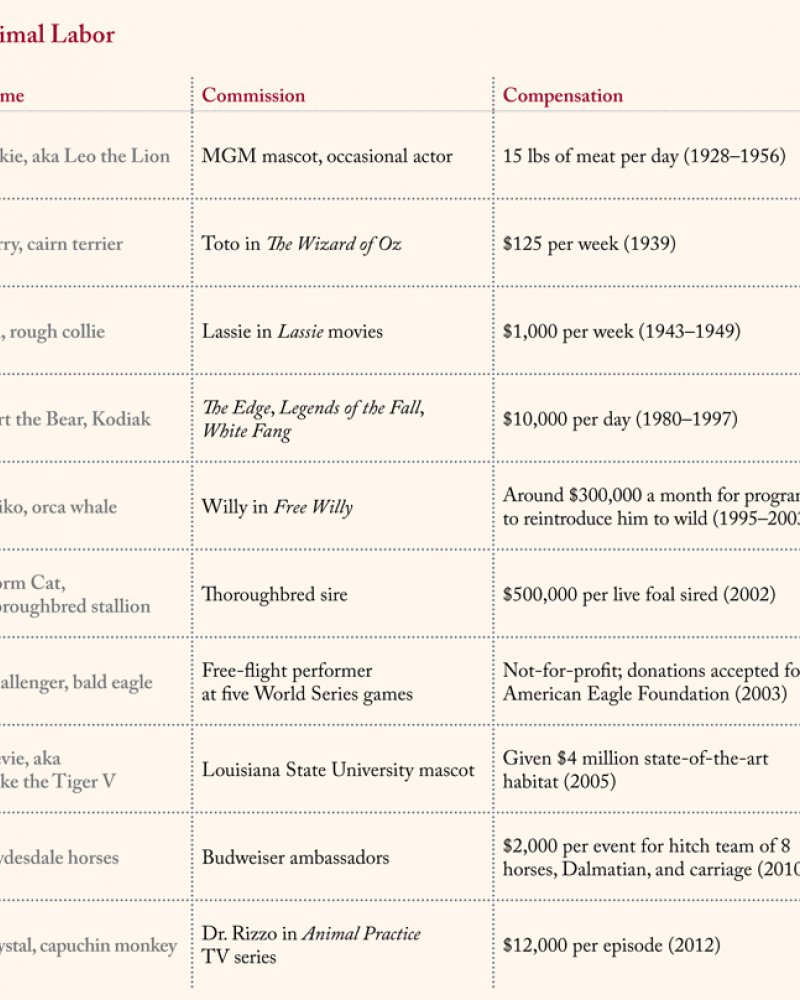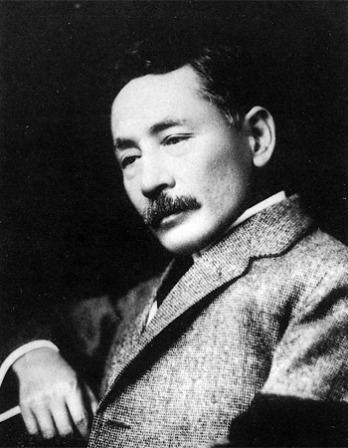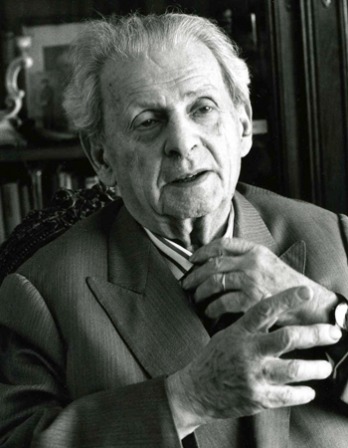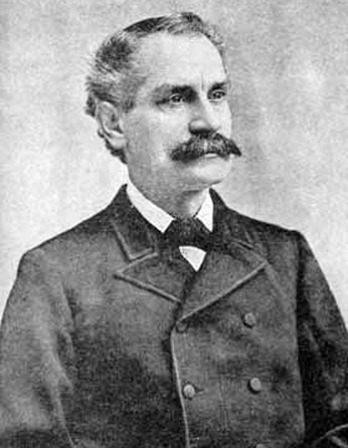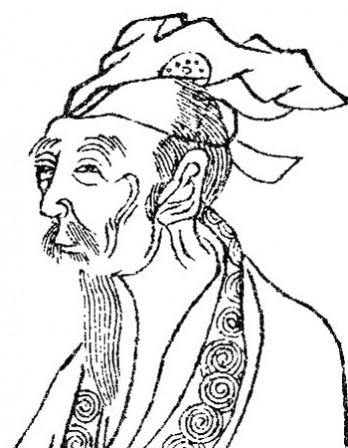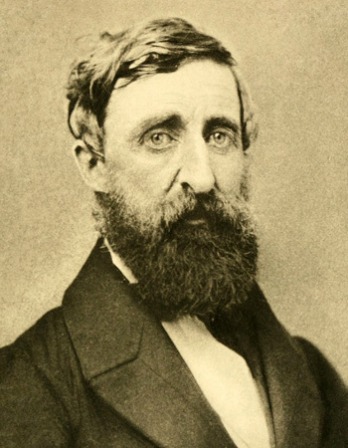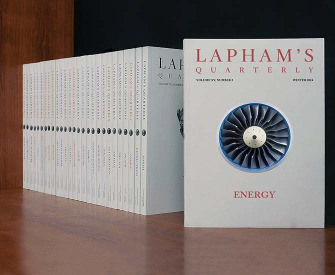Fitness instructor carves his girlfriend’s name into the Colosseum.

Anguish, by August Friedrich Albrecht Schenck, c. 1878. National Gallery of Victoria, Melbourne.
VIEW:
Miscellany
According to Diogenes Laërtius’ third-century Lives and Opinions of the Eminent Philosophers, Plato was applauded for his definition of man as a featherless biped, so Diogenes the Cynic “plucked the feathers from a cock, brought it to Plato’s school, and said, ‘Here is Plato’s man.’ ” When asked about the origin of his epithet, cynic deriving from the Greek word for dog, Diogenes replied that it was given to him because he “fawns upon those who give him anything and barks at those who give him nothing.”
I do not mean to call an elephant a vulgar animal, but if you think about him carefully, you will find that his nonvulgarity consists in such gentleness as is possible to elephantine nature—not in his insensitive hide, nor in his clumsy foot, but in the way he will lift his foot if a child lies in his way; and in his sensitive trunk, and still more sensitive mind, and capability of pique on points of honor.
—John Ruskin, 1860Lapham’s Daily
Daily
Stay Updated Subscribe to the LQ Newsletter
Roundtable
Lapham’s Quarterly Is on Hiatus
But the American Agora Foundation is already planning for the future. More
The World in Time
Robert D. Kaplan
Lewis H. Lapham speaks with the author of The Tragic Mind: Fear, Fate, and the Burden of Power. More



